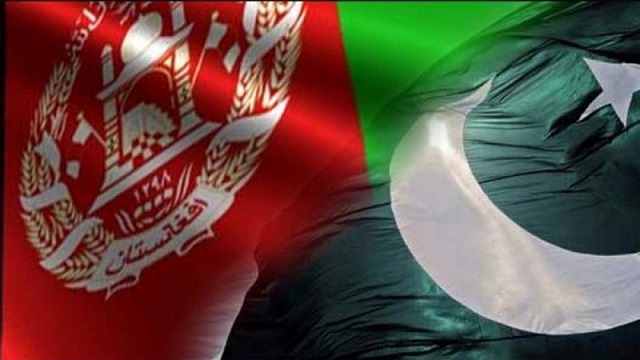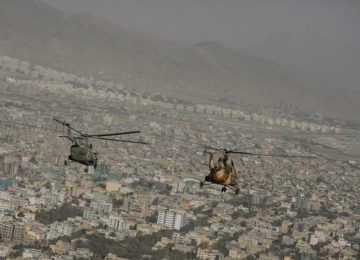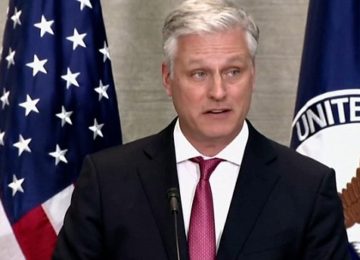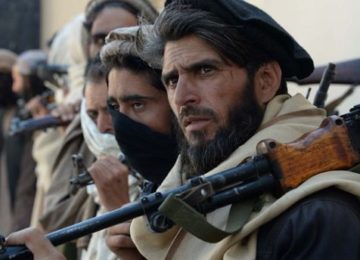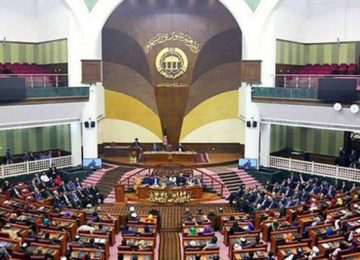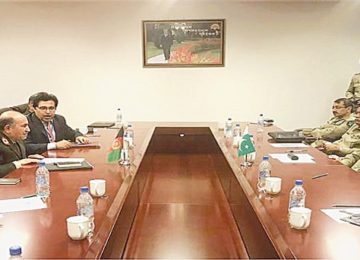March 23, 2021
An air of suspense, guarded optimism tinged with fearful uncertainty currently hangs over capital Kabul.
Most of Afghans – worn down by nearly four decades of conflict – are looking upto all leaders – including President Ashraf Ghani, his predecessor Hamid Karzai, Dr.Abdullah Abdullah and Mulla Ghani Baradar, the Taliban chief negotiator – to finally find an all inclusive, mutually accommodating settlement for peace. They had all gathered at Moscow – nearly two dozen of them – to discuss the future of Afghanistan. The next stop for the big intra-Afghan dialogue is Istanbul.
“We strongly hope Pakistan will stand by us through the process, ” said Hasina Safi, acting minister for women affairs told a Pakistani Track 11 delegation. Safi grew up and stayed in Pakistan for nearly 25 years and has strong bonds with her home in Peshawar. The delegation also included four members of the Pak Afghan Parliamentary Friendship Group (PAPFG).
Whoever we met in Kabul and Mazare Sharif up in the north expressed both hopes and concerns.
Most are extremely welcoming and candid when discussing the current conflict and external influences on it. Fear and uncertainty is now accompanied by guarded optimism. That optimism is rooted in the grand international consensus on the need to rationally address the reconciliation , without the customary finger pointing.
Dr.Abdullah Abdullah feels, and this he told the media present on the occasion too, that “peace may be knocking at the doors of Afghanistan.” All we need is to manage this opportunity with sagacity and selfless devotion, he said.
Below are some of the take-aways from our meetings with Dr.Abdullah Abdullah (head of the High Council for National Reconciliation – HCNR), Ahmed Javed Jaihoon(deputy speaker of Wolesi Jirga – National Assembly) Umar Daudzai (special envoy for Pakistan), Qudratullah Zaki (minister for transport) Hanif Atmar (minister for foreign affairs), Anwarul Haq Hadi (Minister for Agriculture) Hasina Safi (minister for womens’ affairs ) and several MPs from the parliament.
(In order to preserve the sensitivity and sanctity of the dialogue we cannot make direct attribution to all but few leaders we met.)
Afghanistan continues to struggle with the consequences of over four decades of conflict and friends should not expect things from us as if we were a normal country.
“We are pretending to be a normal society. But please bear in mind we are dealing with death and destruction every day and it takes its toll on every body,” one of the leaders said, trying to explain the context in which Afghanistan currently operates.
The second message from these meetings was about the future role of Taliban in the society. The majority of Afghans don’t want the system of the Islamic Emirates, nor do the regional countries aspire that system. Taliban are sons of soil but we are not ready to sacrifice what we have achieved in last two decades. The only way forward is to talk out the Taliban objections to the current system and we are ready for that.
Peace with honour for all is the need of the hour, they said.
The third message related to Pakistan; the earlier demand for “do more” out of a sense of entitlement seems to have morphed into “desire and expectation.”
We were all pleasantly surprised to hear from almost all – from Abdullah Abdullah to Omar Daudzai (the special envoy for Afghanistan), Hanif Atmar , and Ahmed Javed Jaihoon, the deputy speaker of the Wolesi Jirga, how they were all not only thankful to Pakistan for its contribution to Afghan refugees, students and traders in the last four decades but are also looking forward to expanding bilateral relations.
“It is your home, your country, don’t say second home just as we consider Pakistan our home, welcome to your own home,” said Jaihoon, a young affluent member of the parliament.
Qudratullah Zaki, the minister for transport, was more forthcoming.
“We cannot thank Pakistan enough for what it has done for us. We will never pursue relations with India at the cost of Pakistan, which is much closer to us ethnically, culturally, linguistically, tell us your issues with India and we will take that up with them,” he said.
Fourth message relates to anxiety and anticipation of Pakistan’s role in the peace process.
“Taliban are very difficult to handle but we know it has the carrot and the stick to bend the Taliban.”
We informed them that families of most of the Taliban leaders are meanwhile with them in Doha, Qatar. But if the talk is about business interests, then it is not just the Taliban leaders who may have business interests across Pakistan; most of Afghan politicians and leading business families have their direct and indirect business stakes in Pakistan. And they continue to maintain those contacts without being questioned.
Fifth, most Afghan leaders reassured their committment not to allow any one to use the Afghan our soil against Pakistan but underscored the need for rubbing off the mutual mistrust because of what he called “misplaced notions.” Our goal must be to promote state to state relations and to stay focused on peace and reconciliation instead of harping on the past and blowing up misperceptions,
Sixth, we will never be on the side of your enemy which is mostly hurting Pakhtoons, the second largest ethnic group in Pakistan. It is probably because of this that President Ghani has given up on insistence on land-route access to India via Pakistan. He is mindful of the loss to Pakhtoons and that is why has decided to pursue that goal without making it conditional to trade and economic cooperation with Pakistan.
Seventh, an expression of gratitude for Pakistan’s unprecedentedly liberal visa policy and facilitation of the Afghan transit traders under PM Imran Khan, who seems to enjoy unusual sympathy and support among all Afghans across the board.
“He is our leader too with a vision that stretches beyond politics and we hope that vision can take bilateral relations to new levels,” said most of the leaders we met.
Eighth, and this was probably the most important of all, regardless of the security and political situation, economic cooperation and trade must continue.
This is something the Track11 Beyond Boundaries dialogue has set itself as the goal in 2016; keep business and politics separate. It was quite gratifying to hear all Afghan leaders emphasise that “political disagreements must not disrupt economic activity.”
Even Mohammad Farhad Azeemi, Governor of Afghanistan’s northern Balkh province, resonated this sentiment. During his meeting with the Pakistani delegation at his plush office in Mazare Sharif, Azeemi said durable peace can open many doors to trade and economic development but it should not be the primary condition.
“Our northern neighbours are pursuing peace in Afghanistan via economic activity. They have told us we will not wait for peace to return but instead will incentivize it through economic projects in Afghanistan.” Azeemi said.
This is exactly what Pakistan should be doing; facilitate trade as much as possible and extend economic cooperation as much as possible. This will automatically generate pressure on leaders for political settlement and reinforce bilateral goodwill.
Author Imtiaz Gul was part of the Track 11/1.5 Delegation that visited Kabul and Mazare Sharif between March 15-18, 2021.



